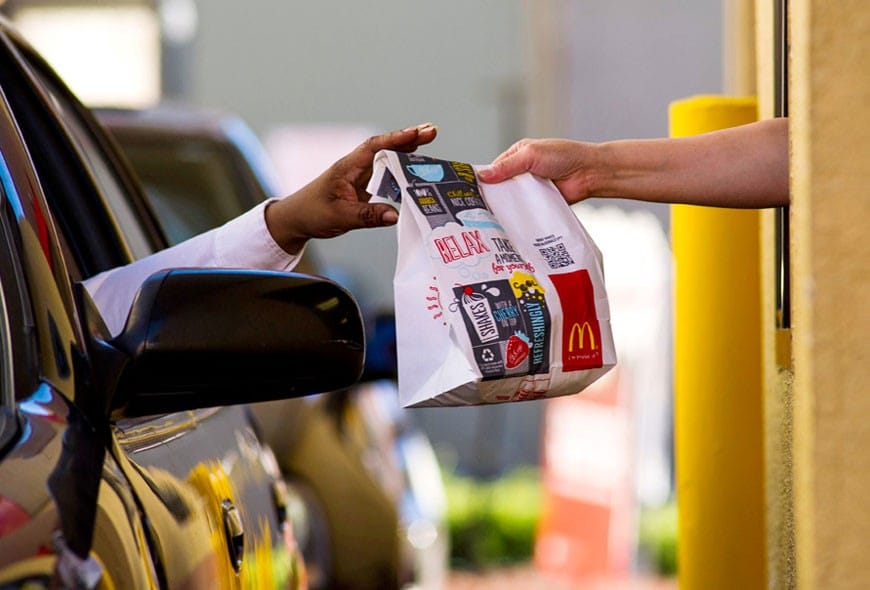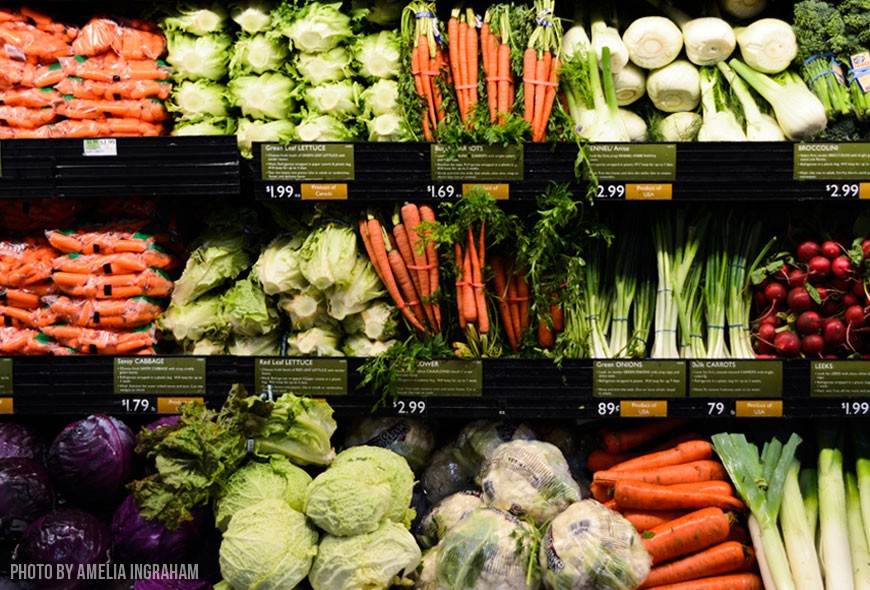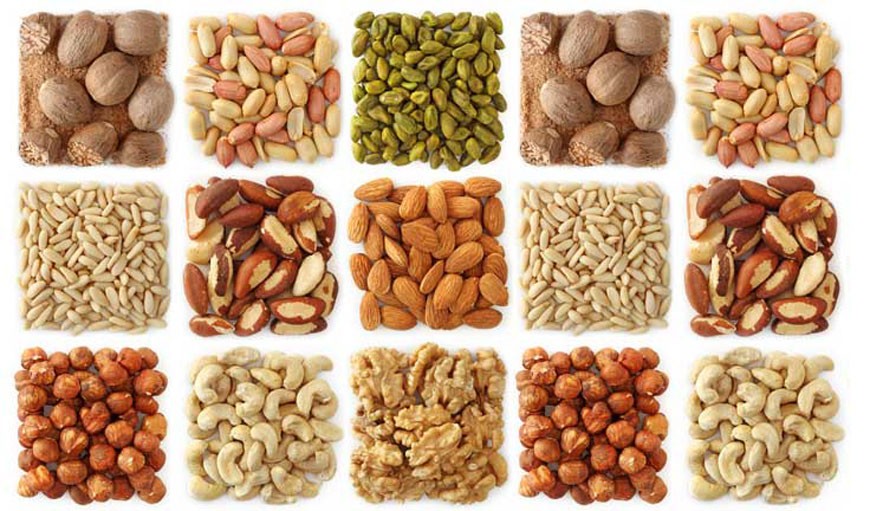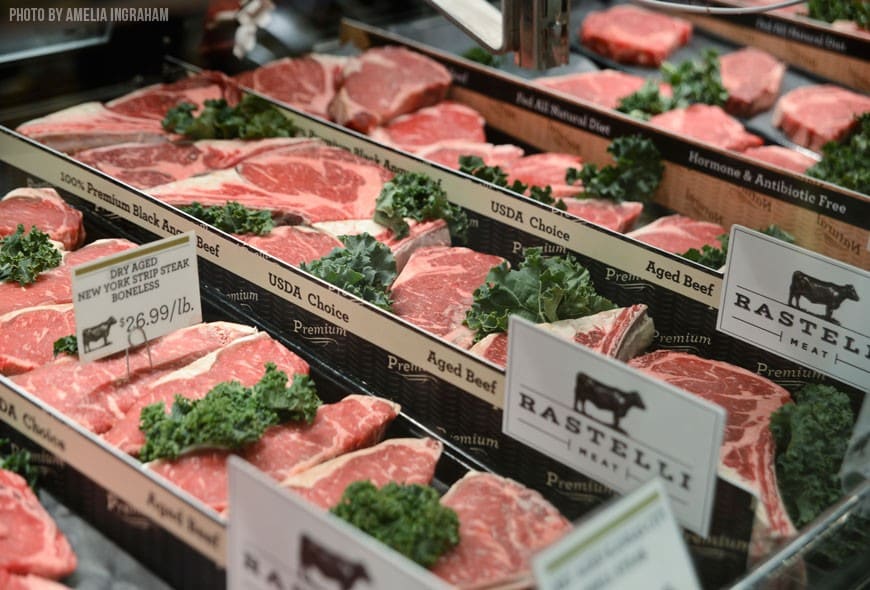Every generation is unique. If they weren’t the world would most likely stay the same. And while older generations often become frustrated by ever-changing dieting trends, millennials embrace healthy diets. In fact, we naturally crave more evolution. In eating habits for example, it was once believed that 3 meals a day was optimum. But now some health experts are saying six meals spread out can speed up the metabolism. Fortunately, dieting trends for millennials in 2015 have taken a better approach to weight loss which can largely be attributed to better awareness of the principles of nutrition.
The Internet’s Role In Healthy Diets
It’s not unusual to hear a millennial say that they’re eliminating refined sugar from their healthy diets, or that they’ve stopped drinking soda. Occasionally they can be caught adding something extra to their diet like wheat grass or raw organic apple cider vinegar. Many will even try new work out methods, like running a mile a day or yoga class. But the truth is they’re becoming more educated through their laptops and mobile devices. And when social media and video games become boring, they’ll switch their attention to the Internet to discover health information that appeals to their sense of good judgement.
Learning from Others
Millennials were born during the rise of the fast-food era, celebrating many of their earliest birthday parties at McDonalds. The majority of their parents weren’t into exercising, and binge dieting was the norm. Weight gain was expected at the holidays, and calorie-cutting before the New Year was a ritual. Fortunately, many millennials have learned from their parents that these dieting trends aren’t successful, and have subsequently elected to make healthier choices.
Weight loss isn’t the only motivator for a healthier lifestyle for millennials, however. Conditions like diabetes and heart disease weigh heavily on their minds today, having witnessed serious health problems delivered by the fast-food industry. But fast food doesn’t just affect older consumers, it’s now common to hear about a friend in their 20s or 30s that’s a type-1 diabetic, or struggling with insomnia and depression. Taking this wide spread deterioration of health into consideration, millennials are now making adjustments in their eating habits.
Superfoods Are Trending
Once upon a time, foods that were packed with extreme amounts of nutrients and vitamins were simply considered healthy foods. Now they’ve been categorized as ‘superfoods’. Millennials are guilty of jumping on this marketing bandwagon, but that’s actually a good thing becuase superfoods and anti-oxidants help the body in significant ways. The fact that millennials are adopting them into their lives demonstrates their desire to improve their health. If one considers a vegan, gluten-free, non-GMO supplement, read on Green Vibrance review.
The Gluten-Free Diet
What originated as a special diet for people with celiac disease has turned into a popular diet trend, and millennials are among the staunchest adherents. Gluten, a protein that’s found in grains like wheat, barley and rye, came under fire several years ago when research revealed that it caused serious health problems in people who suffer from celiac disease. Gluten intolerance creates antibodies that attack the lining of the intestines, which causes symptoms like abdominal bloating, gas, pain, rashes, iron-deficiency anemia and even seizures.
As awareness about celiac disease spread, demand for gluten-free foods skyrocketed. This movement attracted a wave of people who don’t have gluten intolerance per se, but who legitimately believe that life without gluten makes them healthier and happier. So, why do millennials like the gluten-free diet so much? In many ways, it promotes a healthier lifestyle. It forces them to carefully read nutritional labels, and typically results in a diet that includes far fewer processed foods.
There are downsides to following a gluten-free diet. Gluten-free products tend to be expensive and often have more calories than their gluten-filled counterparts. It is said that people who follow gluten-free diets don’t get anywhere near enough fiber, which ironically can lead to weight gain because fiber-dense foods keep you full longer.
The Paleo Diet
Millennials strive for authenticity. What could be more authentic than a diet that was followed by some of our oldest ancestors? The Paleo Diet, recently developed by Dr. Loren Cordain, attempts to mirror the diet that early humans followed during the Paleolithic Era, which occurred more than 10,000 years ago. Back then, humans had to hunt and gather their food. They didn’t have factories to produce cheaper, more calorie-dense foods, so obesity was undoubtedly not much of a problem.
The Paleo Diet has numerous advantages. First, it’s cut and dry. There’s no calorie counting. You simply have to stick with unprocessed foods, including fruits, veggies, nuts and fresh meats. Things like refined sugar, salt, dairy, refined vegetable oils and cereal grains are no-nos. Adhering to healthy diets tends to increase energy levels, and people generally see weight melt right off.
On the downside, the Paleo Diet may be too meat-heavy. Modern meat doesn’t tend to be anywhere as lean as the meat our ancestors ate, so millennials who follow this diet may develop high cholesterol and other issues. Critics also state that the diet simply isn’t balanced enough and can lead to nutritional deficiencies.
The No-Diet Diet
Incredibly, significant numbers of millennials eschew diets altogether. Rather, they strive to eat healthfully and adopt the attitude of “everything in moderation.” The most notable thing about this stance is that most allow themselves “cheat days,” when they are allowed to eat anything and everything. On the plus side, steering clear of fad diets may reduce the occurrence of yo-yo dieting, which results in major spikes and dips in weight. On the downside, this healthy diet requires a lot of discipline, and that’s something that may be in short supply among today’s busy millennials.
Smartphone Related Diets
Other dieting trends among millennials include using smartphone technology. It sounds crazy but many health companies are creating effective dieting apps. Nu Skins TR90 app helps to measure results. The BMI Calculator works when measuring actual fat loss. Lose it is a popular app among calorie cutters. Millennials love their smartphones and if it helps them with their health they tend to adopt it.




